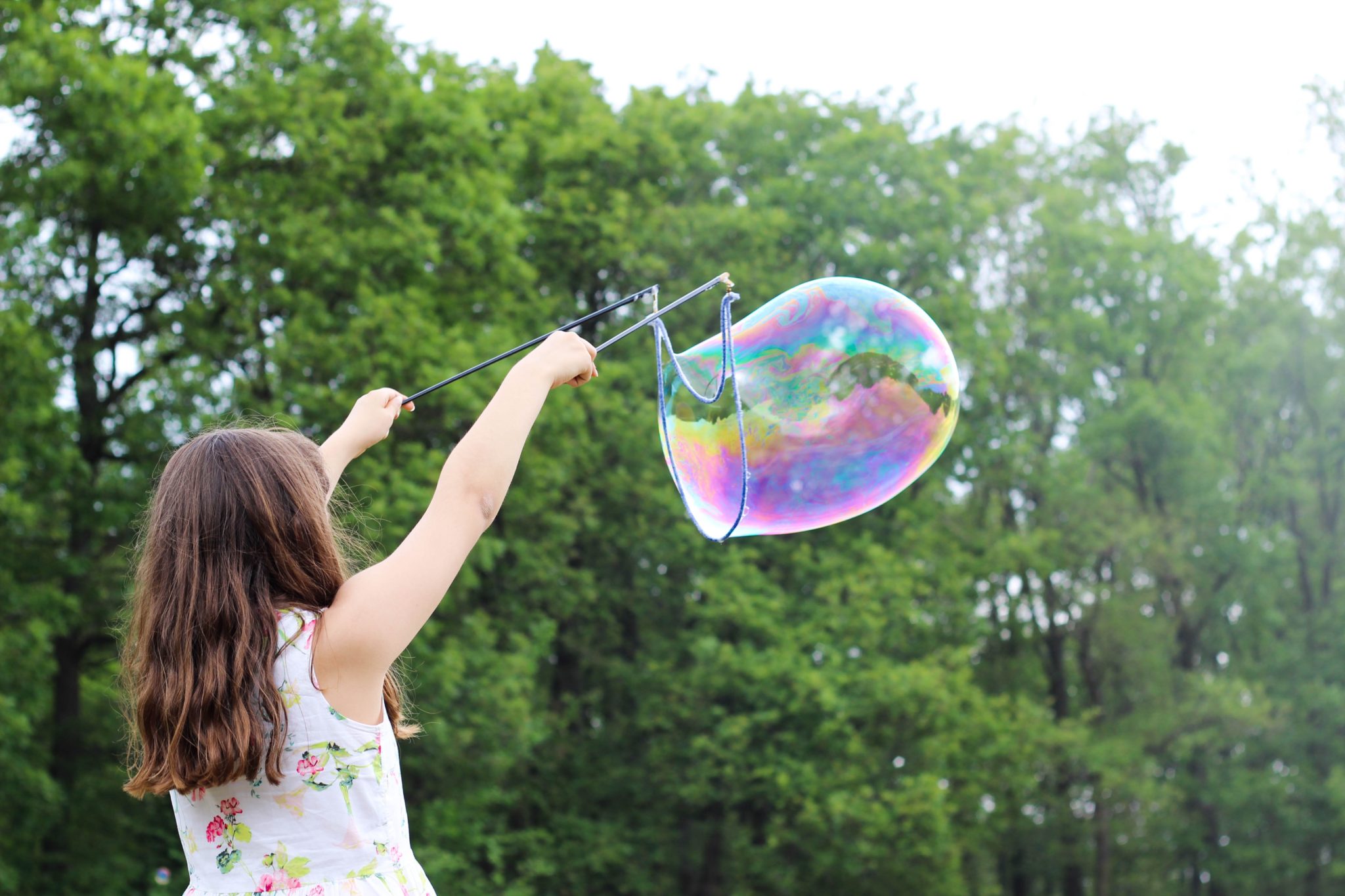A Thank You to My Parents
By: Megan Parlette
For me, the summer between 2nd and 3rd grade was shaping up nicely, as I had just found out that I would be in the same 3rd grade class as my best friend. Moreover, it was going to be a split grade, where the same instructor was teaching 3rd and 4th grade at once. They only let the ‘smart’ kids in those classes, and I was feeling like life was pretty sweet.
On a particularly beautiful, warm day, I asked my mom if we could go to the beach. She had said, “Maybe”– the type of ‘maybe’ that meant, ‘No, but I don’t want to argue about it’.
Instead of sitting under an umbrella on the sand, my parents sat me down in our living room, told me they were separating, and asked me who I wanted to live with.
I was 7 years old.
I kept saying, “You’re getting a divorce?” and they would say, “We’re separating, not divorcing”. I didn’t really understand the difference, but I knew the outcome was the same.
My world was changing.
And so, a month later, my mom and I packed up and moved to an apartment an hour away. New town, new school, new babysitter, and no friends. It was not an easy transition for me, and my anxiety spiked. Starting at a new school was terrifying, and I spent many mornings crying in the schoolyard. Over the next year, I made new friends and did well academically, but I struggled with the emotional aspect of the big changes that had occurred, although I refused to admit it out loud.
My mom had us both start going to therapy, which I thought was a waste of time. If I could remember that therapist’s name, I would write her an apology note on behalf of my former self. I was sullen. I didn’t want to talk to her. I didn’t want to let her in because “everything is fine” and “I’m fine” and “please just leave me alone”. “No, I don’t think my parents’ divorce is my fault.” “Yes, I know that they both love me.” “No, I don’t want to talk about it.” (For the record, as an adult I am now greatly in favor of mental health services!)
The divorce date passed, but it barely even registered for me. I was already settled into my new routine, even though it was a rough one for me. I still cried a lot. I sometimes didn’t want to leave home when it was my dad’s time with me. When that happened, they would talk to me about it. If I couldn’t be convinced, then they let it go and I stayed with Mom. There was no keeping score of how many days that my dad missed with me— it was never about who got more time with me, whose day it was. It was always about what I needed in that moment.
Once, when I was supposed to go to summer camp, we got there and I just….couldn’t. I had signed up with two of my new best friends, and I’m sure my parents had already paid for it. But it was after a week at my dad’s house, which felt like traveling, and I just wanted to go home. My introverted nature was evident even then, I guess. And so, my mom took me home. No lecture on wasted money or backing out on commitments. No comment on my anti-socialness and how I needed to be open to new experiences. Just acceptance.
You may be thinking, “Didn’t this kid care about the difficulties her parents were having throughout all this?”
Well, I would have… but I didn’t know about the difficulties that they faced. That’s kind of my point. They kept their focus— at least from my vantage point— on what I was going through, how I was feeling. I was 7, and they let me be 7, without bringing their grown-up problems into my world.
After asking me who I wanted to live with (the validity of that strategy is up for question, but a lot of things that happened in the 90’s now seem questionable) they just handled it. They did not trash talk each other. I never heard the words “child support” from either parent. My dad did not blame me or my mom for the weekends that I didn’t want to go with him. He made the most of the time we did spend together. As a result, as my anxiety dissipated as I settled into a New Normal, I wanted to see him more.
My parents had a Big Picture approach, a clear idea of their shared long-term goal: A happy, well-adjusted kid. This shared vision allowed them to overcome the smaller bumps that I’m sure were there, but that I never knew about.
Clearly, I was affected by my parents’ divorce, but I couldn’t imagine going through that experience with parents who were behaving poorly towards each other or towards me. I was able to process the divorce and grieve along with them. They allowed me mental breaks when I needed them. They each continuously encouraged my relationship with the other parent. I was supported and loved by both of my parents, and I knew it.
Today, I thank them for how their calm demeanor throughout the divorce and ensuing single-parenthood allowed me to experience our family’s changes fully, process my experiences, and move on along with them into a more peaceful and fulfilling status quo.

